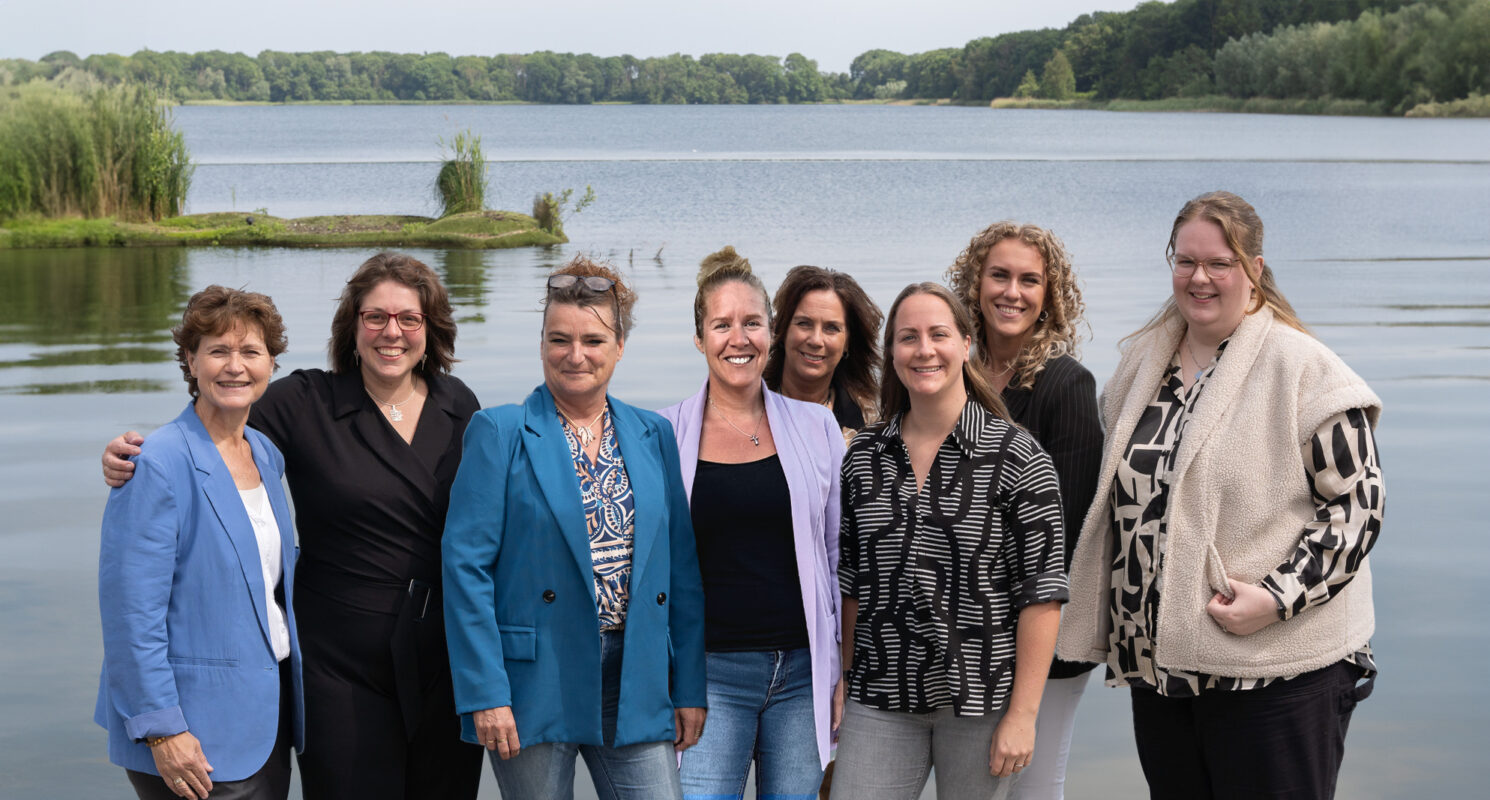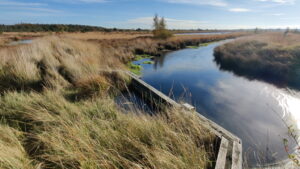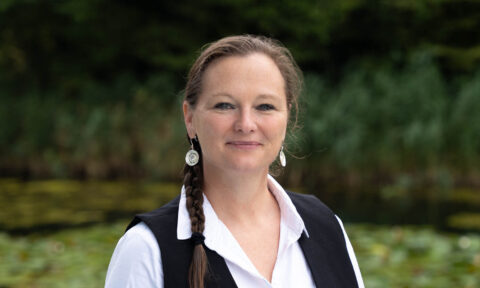You can reach World Water Academy by telephone: +31 030 606 94 00 or e-mail: info@worldwateracademy.nl.
Climate-Resilient Design of Stream Valleys
Learning targets
If you work in the water sector, the effects of climate change are a daily concern. In recent years, we have experienced more intense periods of drought and extreme rainfall. On higher and sloping sandy soils in our country, drought can lead to severe and irreversible damage to nature and agriculture. You would want to retain water, but this is a significant challenge. What knowledge provides guidance to use adaptive measures to mitigate the impacts of climate change?
The course Climate-Resilient Design of Stream Valleys allows you to experience the effect of climate-adaptive measures on the Dutch high sandy soils and in stream valleys. We use nature itself to make the hydrological and ecological system resilient against extreme weather conditions. During field visits, you will learn through practical examples and nature-based solutions how to better retain water and enhance the natural sponge function of the soil.”
Do you want practical tools to tackle climate change challenges effectively? Then the course Climate-Resilient Design of Stream Valleys is for you!
The following topics will be covered:
- a climate-resilient water system: what does it look like?
- the functioning of a water system: sponge function, stream development and influencing factors such as soil type and slope
- application of natural concepts in the stream valley
- building with nature and nature-based solutions
- climate-adaptive measures, impact on the water system, and observed effects
After completing this course, you will have the following knowledge & skills:
- designing a climate-resilient stream valley system
- applying natural principles
- retaining water using nature
Program
Day 1: Climate-Resilient Water System
- introduction
- functioning of a natural stream system
- field visit
- climate change
- analysis and design of stream systems
- own case contribution
Day 2: Sponge Function of the Soil
- learning from practice, example projects
- implemented measures and their effects
- success and failure factors
- field visit
- marsh formation
- effects of Beavers
Day 3: Climate-Resilient Stream Valley
- learning from practice, example projects
- implemented measures and their effects
- success and failure factors
- field visit
- sand supplementation, stream wood, flow marsh
- applicability of natural concepts
Personal Contribution
At World Water Academy, it’s all about bridging the gap between knowledge and practice. Therefore, we expect every participant to bring their own work experience to the course. What challenges are you facing? And what experiences can you share so that others can learn from them?
Target group
The course Climate-Resilient Design of Stream Valleys is intended for project leaders, nature managers, policy officers, ecologists, and hydrologists who work on nature restoration projects in these areas.
Feel free to ask us about our products and courses


